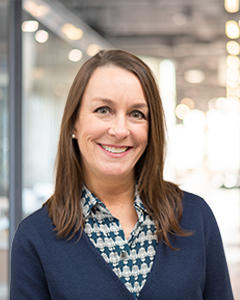Advocating for Juvenile Justice
Advocating for Juvenile Justice
Preventing Sexual Violence in Michigan
Preventing Sexual Violence in Michigan
Fire Safety Education
Fire Safety Education: Keeping Children and Families Safe
Reducing Child Abuse Injuries and Fatalities
Reducing Child Abuse Injuries and Fatalities
Identifying Adverse Childhood Experiences
Helping Communities Identify Adverse Childhood Experiences
Supporting the Deaf & Hard of Hearing
Supporting the Deaf and Hard of Hearing Community Internationally
ADJUST Workshop: ADvancing JUStice Together
Working to Secure the Highest Possible Standard of Health for All People
The Center for Health Equity Practice (CHEP) at MPHI works with groups to establish and apply an understanding of health equity. In order to achieve the highest standard of health for all people, we must address the needs of those at greatest risk of poor health, based on social conditions and the systems that create them. ADJUST is a three-day workshop, led by trained facilitators, that employs facilitated dialogue method for analyzing racism, classism, gender discrimination and exploitation and other types of oppression as root causes of health inequity, and employs the following catalysts for dialogue:
- Lived experience of participants
- Language and conceptual frameworks to engage in difficult conversations about oppression and unearned privilege as experienced in the United States
- Activities designed to understand the importance of social group identity
- Practical analysis and application of health equity concepts to real-life scenarios
Implicit Bias Training
We Understand That Our Experiences Shape Us
MPHI contracted with a certified facilitator in Cultural Intelligence and Unconscious Bias to hold multiple full-day workshops.
The interactive workshop helped MPHI employees identify and understand how implicit bias impacts perceptions and decision-making in the workplace. Participants engaged in a variety of activities aimed at increasing self-awareness and discussed approaches to improve interpersonal relationships across multicultural groups. Participants also discussed practical ways to improve workplace performance when working across cultures, while learning key definitions, examining data showing the implications of implicit bias in public health, and discussing prevention strategies.
Commitment to Health Equity and Social Justice

MPHI is committed to upholding a culture that values diversity and inclusion, always striving to cultivate a professional environment where everyone feels able to bring their authentic selves to work. We believe in reducing our biases and creating a welcoming workplace for all employees.
In 2019, institute-wide diversity initiatives included LGBT+ training with the executive team, directors, and supervisors. The training was conducted by Out Front, an LGBT+ Resource and Advocacy Center located in Kalamazoo. It focused on how MPHI could provide a safer and more affirming environment for everyone.


MPHI also created its first employee-led staff of color affinity group in 2019 to support diversity and inclusion. The Affinity Group is a platform for employees of color to build relationships, share knowledge, broaden cultural awareness, and support engagement, recruitment, and retention efforts at MPHI.
MPHI conducted multiple accessibility trainings for staff to ensure that documentation and presentations are accessible for people with disabilities. We know that we must advance our skills and knowledge to support all communities.

More 2019
Accomplishments
Click on each image to learn more.




 \
\We Share Our Resources
Our health professionals share their time, knowledge, and expertise with communities.
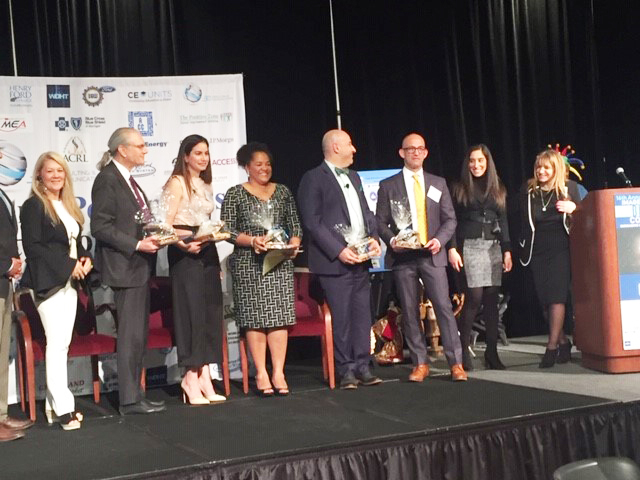
MPHI Leadership Attends and Speaks at Detroit’s 16th Annual Images and Perceptions Diversity Conference
MPHI leadership was attended the 16th Annual Images and Perceptions Diversity Conference in Detroit and CEO, Dr. Renée Canady, participated in a panel discussion on health and diversity.
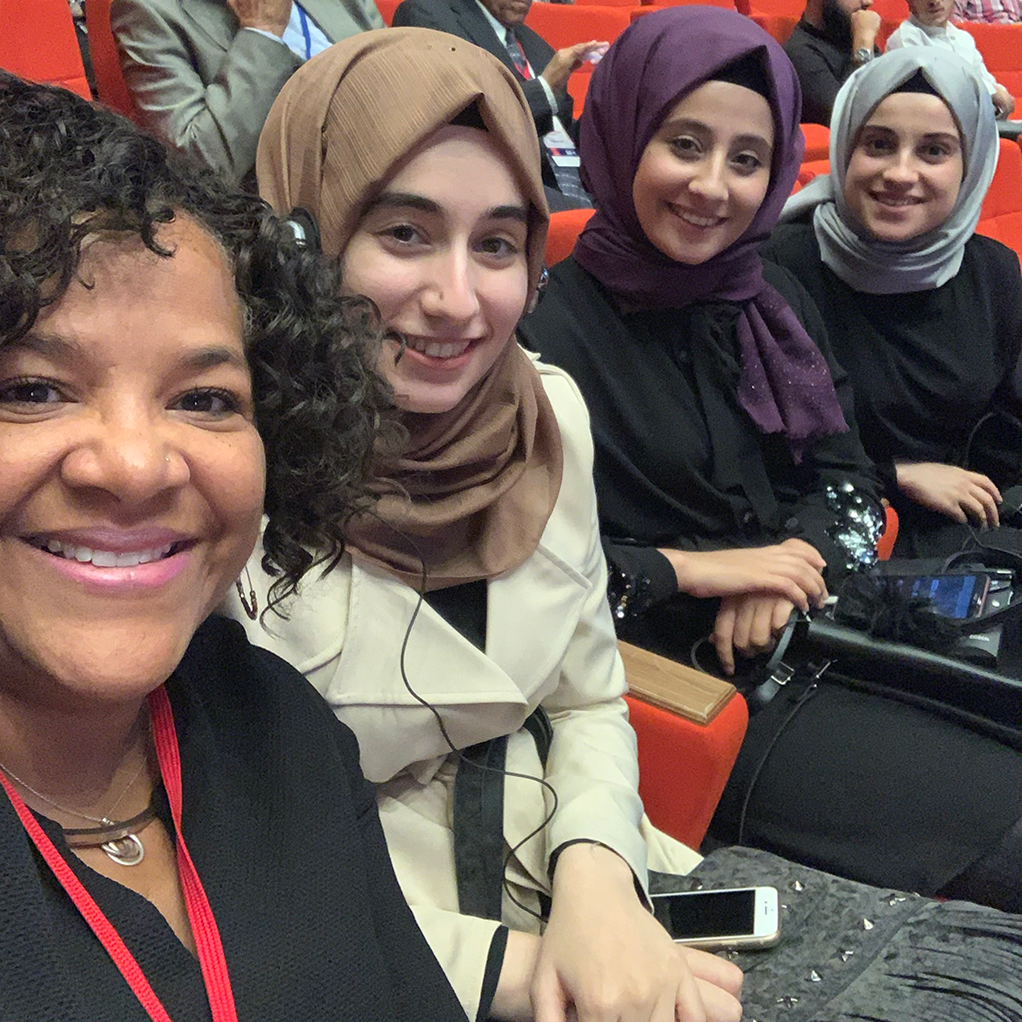
MPHI's Renée Canady and May Yassine Attended the Global Refugee & Migration Congress in Gaziantep, Turkey
MPHI's Chief Executive Officer Dr. Renée Canady and Chief Program Officer Dr. May Darwish-Yassine attended the Global Refugee & Migration Congress in Gaziantep, Turkey. Dr. Canady presented Our Communities, Ourselves: The Health Equity Implications of "Othering".
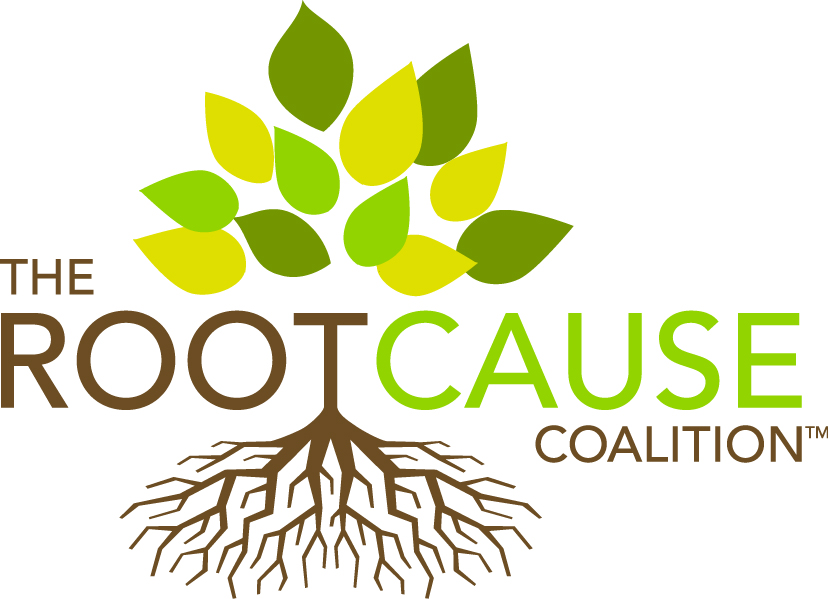
MPHI's Stephanie Johnson Represents DASH and the All In: Data for Community Health Network at Root Cause Coalition
MPHI's Stephanie Johnson represented the Data Across Sectors for Health (DASH) team and the All In: Data for Community Health network at The Root Cause Coalition’s fourth annual Summit on the Social Determinants of Health, Oct. 2–22, 2019 in San Diego, California.
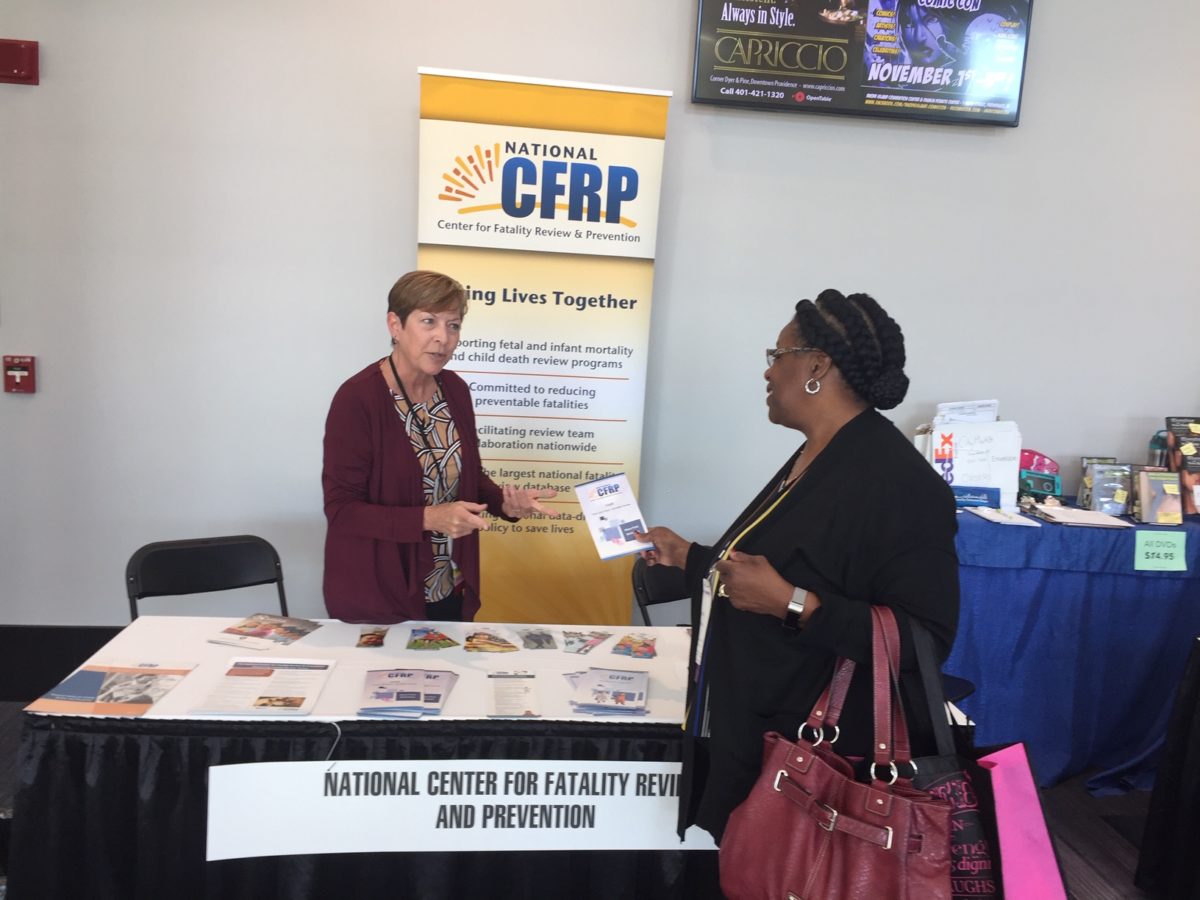
Abby Collier and Rosemary Fournier, from the Center for National Prevention Initiatives (CNPI) at MPHI, Present at the CityMatCH Conference
Abby Collier and Rosemary Fournier, from the Center for National Prevention Initiatives (CNPI), recently attended, exhibited, and presented at the CityMatCH Conference, September 23 – 25, in Providence Rhode Island.
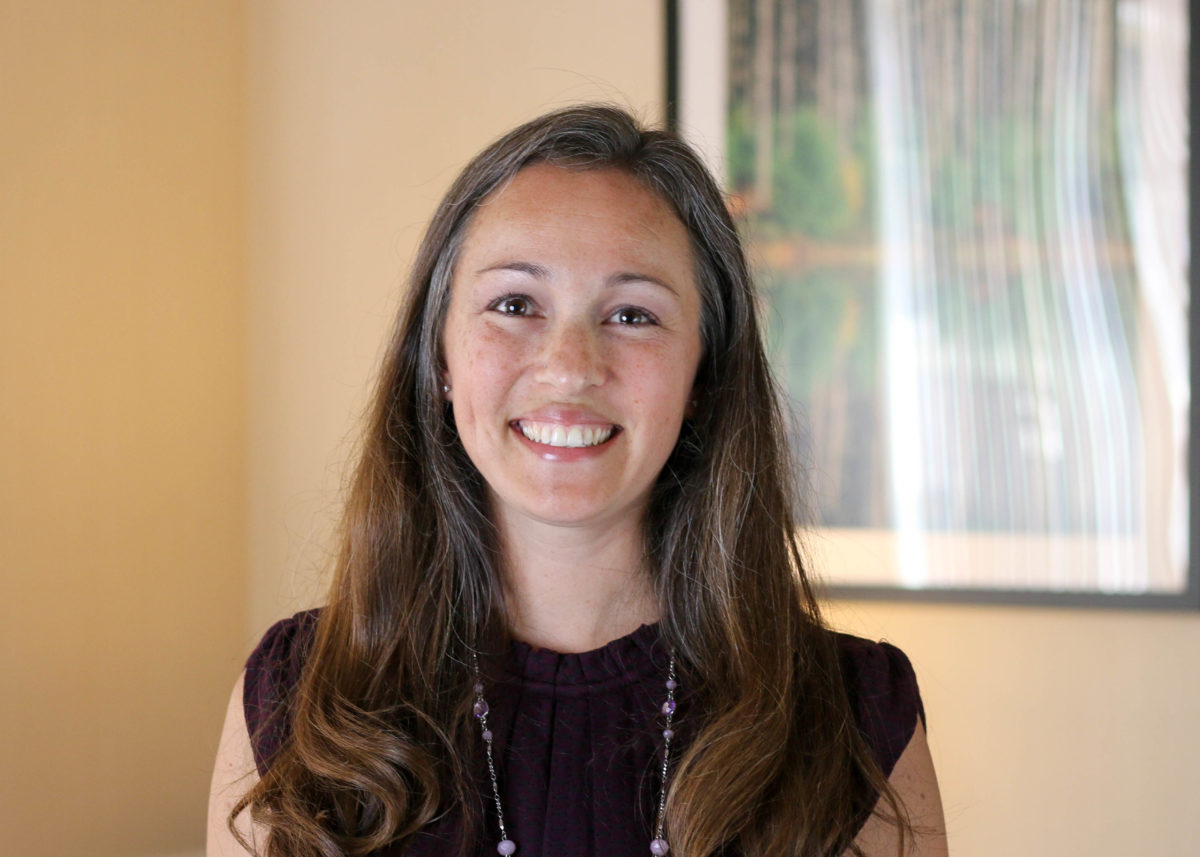
Congratulations to MPHI’s Leaders in Equitable Evaluation and Diversity (LEEAD) Scholar, Jennifer Torres!
Dr. Torres is now a member of the 2019-2020 cohort of Leaders in Equitable Evaluation and Diversity (LEEAD), which is composed of diverse scholars from a variety of backgrounds and representing multiple interests, each bringing unique perspectives creating a robust community.
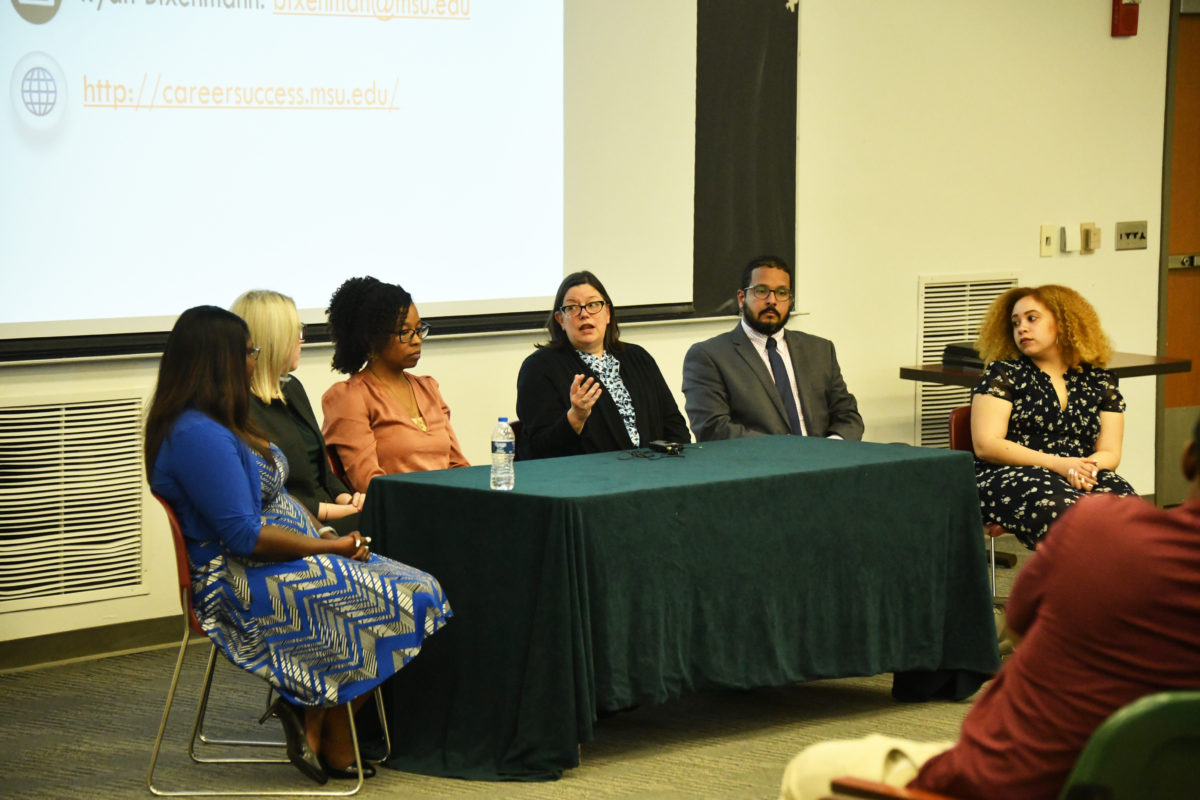
MPHI’s Tracy Thompson, Sr. Human Resources Specialist, Participates in Panel for the Summer Research Opportunities Program (SROP)
MPHI Sr. Human Resources Specialist, Tracy Thompson, Participates in Panel for the Summer Research Opportunities Program (SROP). Michigan State University’s Summer Research Opportunities Program (SROP) is a gateway to graduate education at Big Ten Academic Alliance universities.
MPHI Board

Elizabeth Hertel, MBA
President

Bengt Arnetz, MD, PhD, MPH, MScEPI, FACOEM
Vice-President
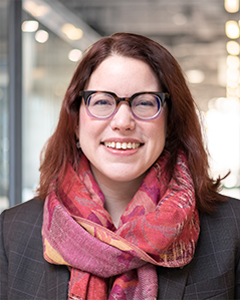
Holly Jarman, PhD
Secretary/Treasurer

Renée Branch Canady, PhD, MPA
Ex Officio

Angela Beck, PhD, MPH
Board Member
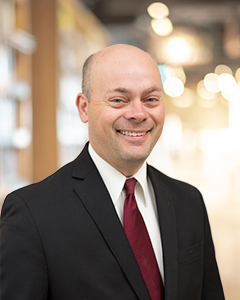
Tim Becker, CPA
Board Member
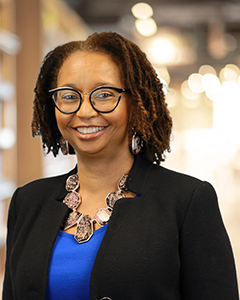
Beverly Allen, CPA
Board Member
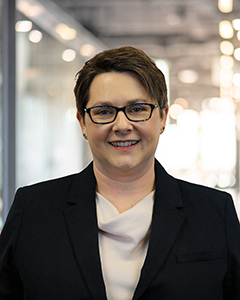
Erin Frisch
Board Member

Debra Furr-Holden, PhD
Board Member
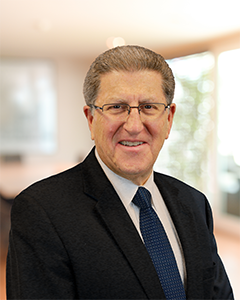
James Giordano, MBA
Board Member
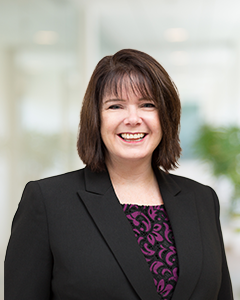
Jennifer L. Jordan, JD
Board Member

Joneigh Khaldun, MD
Board Member

Stephen Lanier, PhD
Board Member

Sarah Mayberry, MPH
Board Member

Phyllis Meadows, PhD, MSN, RN
Board Member

Angulique Outlaw, PhD
Board Member
